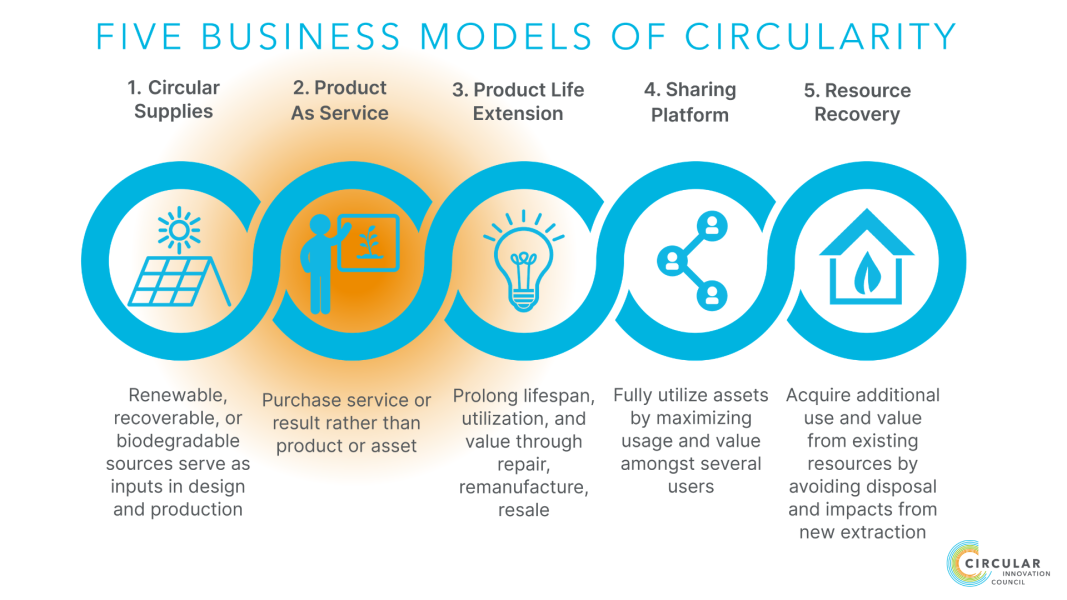
Dr. Nicholas Fairbridge, Arlene Ononiwu, Dr. Uyen Dao, Cathy Newhook, Yasamin
Atabaki Fard, Andrea Sanchez Martinez and Dr. Stephen Hill.
This report synthesizes the discussions and deliberations of the Pathways to Sustainability Workshop held on April 24, 2025, at the Emera Innovation Exchange in St. John’s. This workshop was an important part of a multi-disciplinary research project being undertaken by researchers from Memorial University of Newfoundland, McMaster University, and Trent University. The research team invited industry leaders, policymakers, academics, and community representatives from across Newfoundland and Labrador (NL)to collectively engage and explore actionable solutions on how can transition from a linear to a circular economy (CE)- a sustainability model that embraces an environment-first socio-economic principles model that emphasizes waste minimization, and promotes reuse and regeneration through proactive redesign.
Despite increasing recognition and enthusiasm for integrating circular economy (CE) principles, NL remains one of Canada’s weakest performers in diverting waste from landfills. The province continues to face systemic barriers, including inadequate waste management infrastructure, limited public participation, and fragmented policy frameworks. The unique demographics and needs of northern, rural and remote communities (NRRC)s and workforce in NL require customized approaches for successful implementation of CE. The workshop aimed to bring all stakeholders together to build awareness of the various initiatives that are ongoing in the province and provide an opportunity for collaborative crosssectoral network creation for an inclusive circularity in NL. The workshop was designed to seek input from participants across supply chains in key focus areas of circularity including identifying barriers to CE in NL, success and sustainability of small and medium enterprises (SME)s, Extended Producer Responsibility (EPR) and workforce skilling/reskilling. Directives for industry incentives and policy were also discussed during three focus group discussions moderated by subject matter experts from industry and academia with more than 40 participants.
Workshop participants underscored that advancing CE adoption requires coordinated action across three interconnected domains: public policy, community engagement, and business innovation. A successful circular transition will depend on aligning these interfaces through integrated governance, cross-sector collaboration, and inclusive stakeholder participation.
More specifically, key observations revealed several systemic barriers: limited funding for SMEs to adopt circular models; weak regulatory enforcement on product design, durability, and repairability; and insufficient local infrastructure for recycling and materials recovery- especially in remote and Indigenous communities. Moreover, there is a lack of public education, transparency in industry waste reporting, and coordination across government levels.
To address these gaps, participants proposed actionable steps with policy and governance implications: (i) establish a provincial Circular Economy Council to coordinate policy, oversee implementation, and reduce fragmentation; (ii) mandate EPR regulations for durable, repairable, and recyclable product designs; (iii) develop provincial databases and council to monitor company performance, waste flows, and stakeholder networks; (iv) support micro-recycling hubs and community circular centers in remote and Indigenous regions; (v) expand education and capacity-building programs across sectors, including CE mentorship and proposal-writing workshops; and (vi) introduce financial incentives and grants that reward sustainable
practices and circular business models.
An example of implementing a holistic rural circular food system in NL is presented to demonstrate the feasibility and local potential of circular solutions when community engagement and education are prioritized. NL stands at a critical inflection point: with the right combination of regulatory leadership, stakeholder collaboration, and investment in infrastructure and education, the province can position itself as a national leader in inclusive, community-driven circular economy transformation. Policymakers are urged to act swiftly to institutionalize CE governance, foster innovation ecosystems, and embed circularity into provincial economic and environmental strategies.
We respectfully acknowledge that we live, work and play on the traditional territory of many Indigenous Nations and we humbly extend our respect to Indigenous individuals, communities and Elders, past and present, as the traditional custodians of this land.
Circular Innovation Council is a registered charity.
Charity Registration Number: 119112118 RR 0001